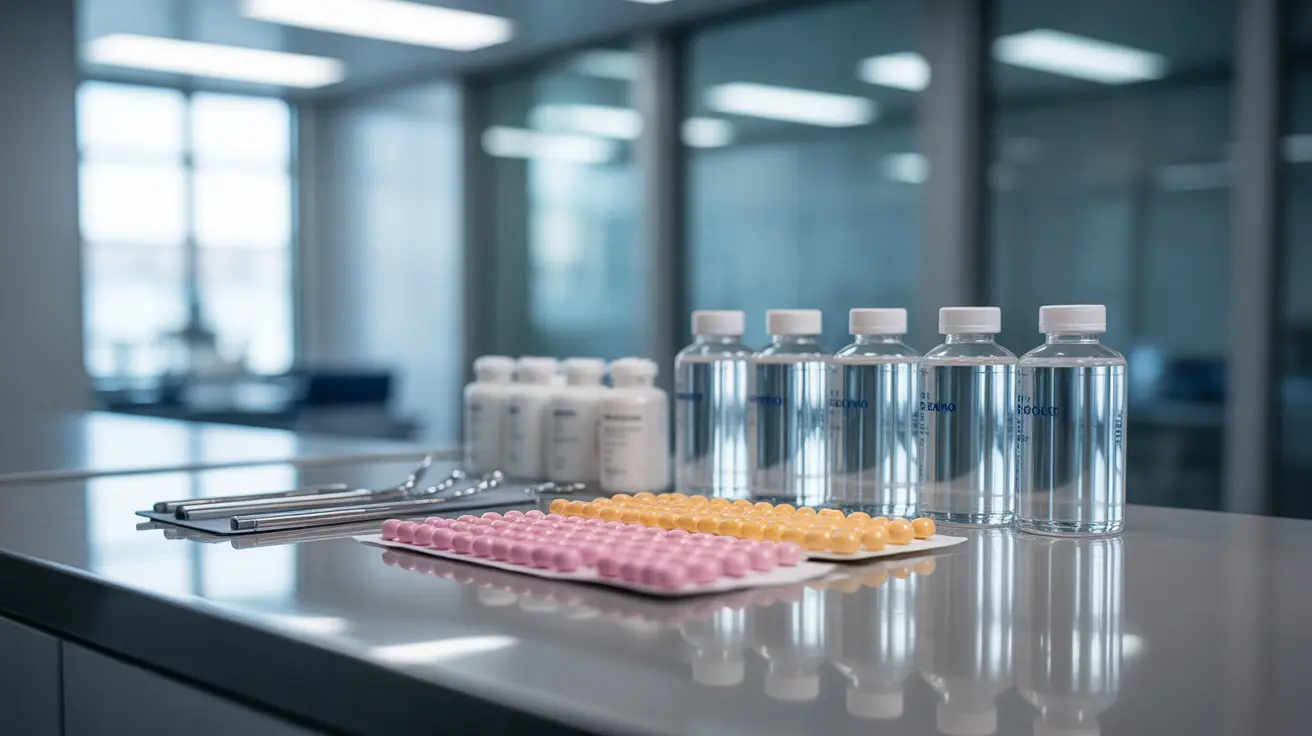Preparing for a colonoscopy is a crucial step in ensuring a successful screening procedure. When it comes to bowel preparation, patients often have a choice between pills and liquid solutions. Understanding the differences, benefits, and potential drawbacks of each option can help you make an informed decision in consultation with your healthcare provider.
This comprehensive guide explores the key differences between colonoscopy prep pills and liquid solutions, helping you understand which option might be best suited for your specific situation.
Understanding Colonoscopy Prep Methods
Both pill and liquid preparations serve the same essential purpose: to clear the colon completely before the procedure. However, they achieve this goal through slightly different mechanisms and administration methods.
How Prep Pills Work
Colonoscopy prep pills typically contain sodium phosphate or similar active ingredients that draw water into the bowel. These medications stimulate bowel movements to clear the digestive tract. Patients usually need to take a specific number of pills over a designated period, along with plenty of clear fluids.
How Liquid Solutions Work
Liquid preparations, such as polyethylene glycol (PEG) solutions, work by flooding the digestive system with a large volume of fluid. These solutions help flush out the contents of the bowel while maintaining proper electrolyte balance.
Comparing Effectiveness and Convenience
Research shows that both preparation methods can be effective when properly followed. Pills may offer certain advantages in terms of convenience and palatability, while liquid solutions have a long-established track record of reliability.
Advantages of Prep Pills
- Easier to swallow for those who struggle with large volumes of liquid
- More portable and convenient for work or travel
- Generally require less total volume intake
- May be more palatable for some patients
Advantages of Liquid Solutions
- Proven effectiveness with decades of clinical use
- Better electrolyte balance maintenance
- More predictable results
- Often covered by insurance
Safety Considerations and Hydration
Proper hydration is crucial regardless of which preparation method you choose. Both options require drinking additional clear fluids to ensure effective cleansing and prevent dehydration.
Water Requirements
When using prep pills, patients typically need to drink 8-12 glasses of clear fluids throughout the preparation period. This helps prevent dehydration and ensures the pills work effectively to clear the bowel.
Special Considerations
Certain medical conditions may influence which preparation method is most appropriate. Patients with kidney problems, heart conditions, or electrolyte imbalances may need to avoid certain types of preparations.
Frequently Asked Questions
What is the difference between colonoscopy prep pills and liquid solutions, and how do I know which one to choose? Pills contain concentrated medication that draws water into the bowel, while liquid solutions work by flooding the system with a cleansing solution. Your choice should be based on personal preference, medical history, and your doctor's recommendation.
Are colonoscopy prep pills as effective as liquid bowel preparations for a successful colonoscopy? Yes, when taken as directed, prep pills can be equally effective as liquid solutions. However, proper hydration and timing are crucial for optimal results with either method.
What are the most common side effects of colonoscopy prep pills compared to liquid preps? Common side effects of prep pills include nausea, abdominal cramping, and dehydration. Liquid preps may cause similar effects but are generally associated with less risk of electrolyte imbalances.
How much water should I drink with colonoscopy prep pills, and is it safe for people with kidney problems? Most protocols require 8-12 glasses of clear fluids with prep pills. People with kidney problems should consult their healthcare provider, as certain prep medications may not be suitable for them.
Are there any health conditions or situations where pills are not recommended as a colonoscopy prep option? Pills may not be recommended for people with kidney disease, heart failure, or severe electrolyte imbalances. Additionally, elderly patients or those with difficulty swallowing may be better suited for liquid preparations.
Always consult with your healthcare provider to determine the most appropriate colonoscopy preparation method for your specific situation.




